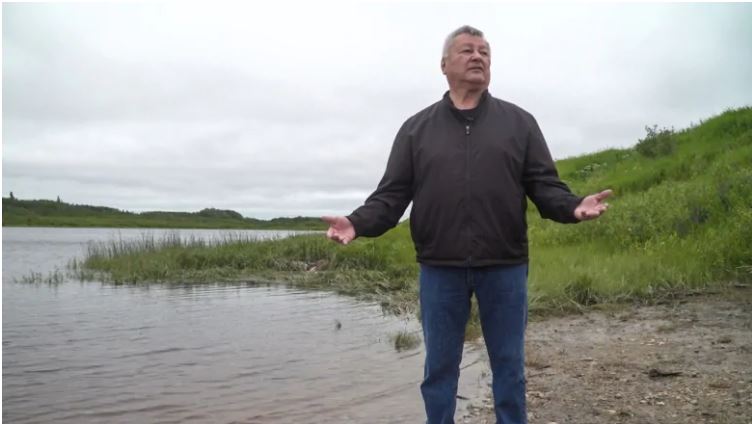The Middlesex-London Health Unit (MLHU) and the Municipality of Thames Centre have announced levels of haloacetic acids (HAA) in the town's water supply that exceed the province's maximum acceptable concentration. HAAs are a group of byproducts that can form in drinking water systems when chlorine compounds used as disinfectants react with organic materials in the water. There is no immediate health risk to people using the water for showering, drinking, and other purposes, officials say.
Eight new substances added to U.S. carcinogen report
In the latest report, chronic infection with the bacterium known as Helicobacter pylori, or H. pylori, has been listed as known to be a human carcinogen. H. pylori is a spiral bacteria that can enter the body through food, water or utensils, lives in the digestive tract and is behind most stomach ulcers. It is thought to penetrate the mucous lining of the stomach to establish infection and can lead to stomach cancer. It is more commonly found in countries with less established infrastructures surrounding clean water and sewage systems, but spread from one person to another is possible through saliva or other bodily fluids.
Indigenous communities face 'abhorrent' housing conditions, UN report finds
Indigenous people fare far worse than non-Indigenous populations when it comes to attaining safe and secure housing, both worldwide and here in Canada, according to a new United Nations report. The UN's special rapporteur on adequate housing, Ottawa's Leilani Farha, presented the report to the General Assembly Friday. It found that Indigenous communities lag behind when it comes to housing conditions and that their territories tend to be the "most disadvantaged in terms of access to infrastructure, including access to drinking water and sanitation, education and health services."
8-10 years to fix Attawapiskat water problems, chief estimates
It's been one month since Attawapiskat First Nation declared a state of emergency over its poor water quality. The measure was taken in the northern Ontario community due to high levels of trihalomethane (THMs) and haloacetic acids (HAAs) in the water the residents use for bathing and cooking. The fly-in community has a separate system for its drinking water.
Attawapiskat residents want Canadian military help to deal with water 'state of emergency'
During an emotional community meeting Tuesday evening, residents of a northern Ontario First Nation grappling with water problems demanded their chief and council ask the Canadian military to step in. Attawapiskat Band Coun. Rosie Koostachin said community members passed a resolution at the meeting calling on their band council to request Ottawa bring in the Canadian Armed Forces' Disaster Assistance Response Team (DART) to provide clean water.







